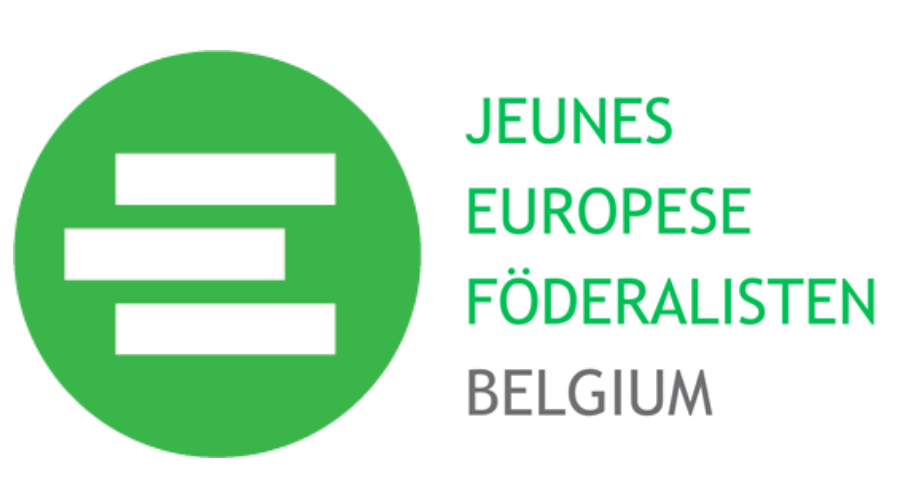On Monday 30 March, in the Council of the EU, Belgium was the only of the 27 EU member states to abstain during a vote to approve the EU’s 37 billion euro investment in health care systems and economies in response to the Coronavirus crisis.
€37 million of the €37 billion is destined for Belgium: €16 million for Wallonia, €6.5 for Flanders, €4.3 for the Brussels Region and €9.6 million for the French Community.
The Flemish nationalist party N-VA believes that this is unfair. Flanders did not accept the distribution of the funding and forced Belgium to abstain during the vote, since there was no agreement between the different entities of the country.
On 26 March, N-VA MEPs Assista Kanko, Geert Bourgeois and Johan Van Overtveldt also abstained during the vote at the European Parliament.
Where does this money come from?
This €37 billion is not fresh money!
It comes from the already existing EU Cohesion Funds, which are intended to help the development of Europe’s less developed regions.
Each year, member states receive money from these Cohesion Funds as pre-financing for projects. If unused, they have to be returned to the EU budget the following year. EU countries were currently due to return almost €8 billion in unused pre-financing.
Under its Coronavirus Response Investment Initiative, the European Commission proposed that EU member states keep that money and use it for new projects mitigating the effects of the Coronavirus crisis.
Member states can now use this €8 billion to supplement €29 billion of EU structural funding across the EU for COVID-19 = €37 billion in total.
Is the money distribution unfair?
Even if this 37 billion has been reallocated towards the fight against the Coronavirus pandemic, the distribution key of those Cohesion Funds between regions, agreed upon already back in 2014, remains the same.
Under the Cohesion policy, the money is being given according to how wealthy a region is, with poorer regions getting more and richer regions getting less. As a less developed region, Wallonia received more than Flanders.
But it does not mean Flanders is the poor child of the European Union. It receives many more funds intended to stimulate innovation and investments, like Horizon 2020, for instance.
WE, AS JEF BELGIUM
We regret the short-sightedness and lack of solidarity on the part of the Flemish nationalists.
We also condemn the selfish logic of ‘the neighbour has more than I do’. The European Union has no losers; we are all winners provided we look beyond the cold logic of the simple European funding we receive.
This extraordinary situation calls more than ever for more European solidarity for the good of all European citizens. We will all emerge from this crisis together or we will not emerge from it at all.
– By Nicolas Hubert, Policy Officer
